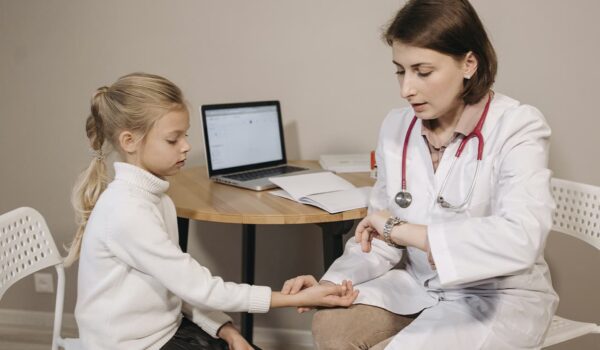In brief: relentlessly, persistently, gradually get rid of myths, slantedness, backwardness, stamps and stereotypes in your thinking. The vacant space should be filled with modern scientific knowledge, processed by clinical experience and wisdom. And this applies not only to specialized medical knowledge, but in general, understanding and perception of life.
In more detail: the initial knowledge of a medical student is a sum of information received at school, a little personal life experience and family traditions.
Family traditions are the experience of many generations, folk wisdom passed down from generation to generation. These are the most difficult concepts to realize and displace, as they are imprinted from childhood as dogmas, when there is still little criticism.
In general, often winged and bright nonsense, something accidentally overheard in public transport, seen on TV, is remembered much better than a scientific but boring lecture.
Personal experience of illness is invaluable. It is difficult for a doctor to understand sick people and their relatives, if he himself in life has not been sick, has not suffered, has not experienced grief. But it is not a fact that the patient correctly interprets what is happening to him, and then the conclusions may be false.
And finally, the knowledge obtained at university. Now we understand everything thoroughly? Partly.
By the way, who teaches (teaches) at the university? Given that the salary of a teacher is about 10-15 tons per month (2016), there is little hope that the best of the best go there. And indeed, many assistants and associate professors and even professors, strange as it may seem, have only a remote idea of medicine, being pure theorists. If the teacher – a real doctor, expect that for a miserable salary, he will spend a lot of time with students, not much to expect.
You can, of course, independently study medicine, the good thing about textbooks, manuals and textbooks bursting shelves of bookstores. But here is a small question – and who writes these manuals? Clinical physicians who spend all their time with patients? Partially, yes. But mostly, textbooks are written and rewritten year after year by medical theorists sitting in their dusty offices, where real patients may not have looked for decades. Moreover, until a medical book goes to print and goes on sale, it often takes many years, during which part of the information has already managed to become outdated.
Therefore, I would not trust domestic manuals and textbooks much, although, of course, sometimes there are valuable things.
Maybe then you should attend specialized conferences and read periodical medical journals?
Yes, you should. But you need to filter it. Up to 90% of information in domestic journals and conferences is blatant and even unconscionable advertising.
